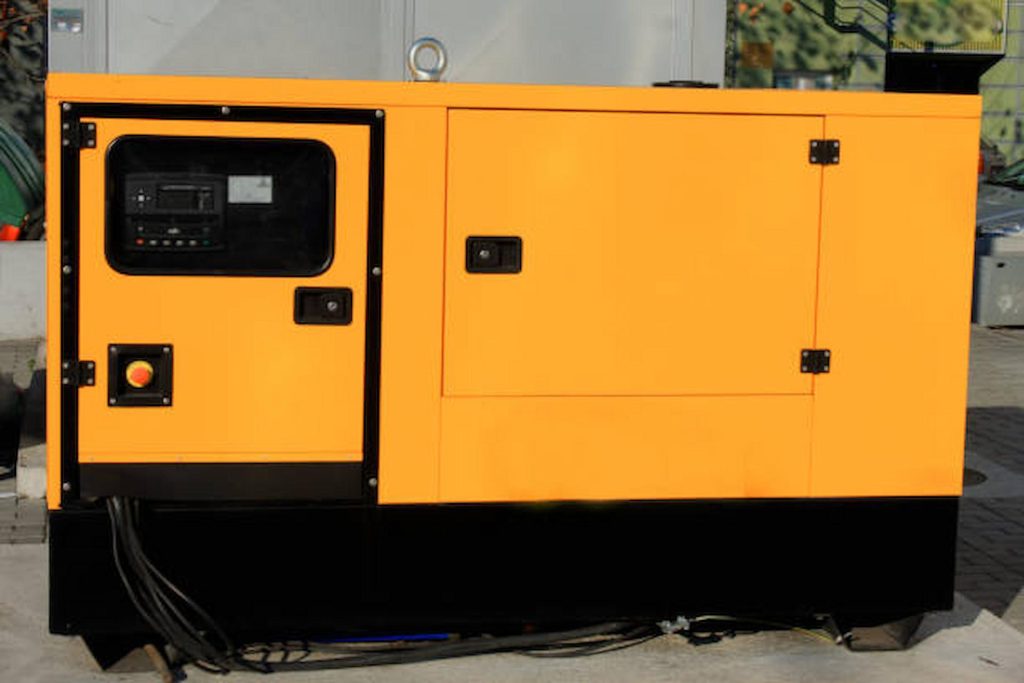
Essential Factors to Consider When Choosing an Emergency Generator blogandgo.com
Selecting the appropriate emergency generator is vital for ensuring uninterrupted power during outages. Key factors to consider include the generator’s physical size, ensuring it fits your available space without incurring high installation costs. Assessing your household’s power requirements is crucial; the generator’s wattage should exceed the combined wattage of all essential appliances to guarantee optimal performance.
Efficiency is another critical aspect, as it determines how long the generator can operate on a single fuel tank. A more efficient generator reduces the frequency of refueling, which is particularly beneficial in remote areas. Noise levels should also be considered, especially in residential areas with strict noise regulations; opting for a generator with a noise level between 60 to 70 dB is advisable The generator’s runtime should be sufficient to cover extended power outages, with a minimum of 12 hours being ideal. Safety features are paramount; selecting a generator that emits low levels of carbon monoxide and installing it in a well-ventilated, shaded area away from the main building can mitigate health risks. An automatic start feature enhances convenience by ensuring the generator activates immediately during a power failure, which is particularly useful for individuals who travel frequently or may not be present to start the generator manually.
Additional features to look for include durability, a fuel gauge, low-oil shutdown, multiple outlets, alternative fuel capacity, electric start, and an automated carbon monoxide shutoff. By carefully evaluating these factors, you can select a reliable emergency generator that meets your specific needs and provides peace of mind during power outages.
Report Story









